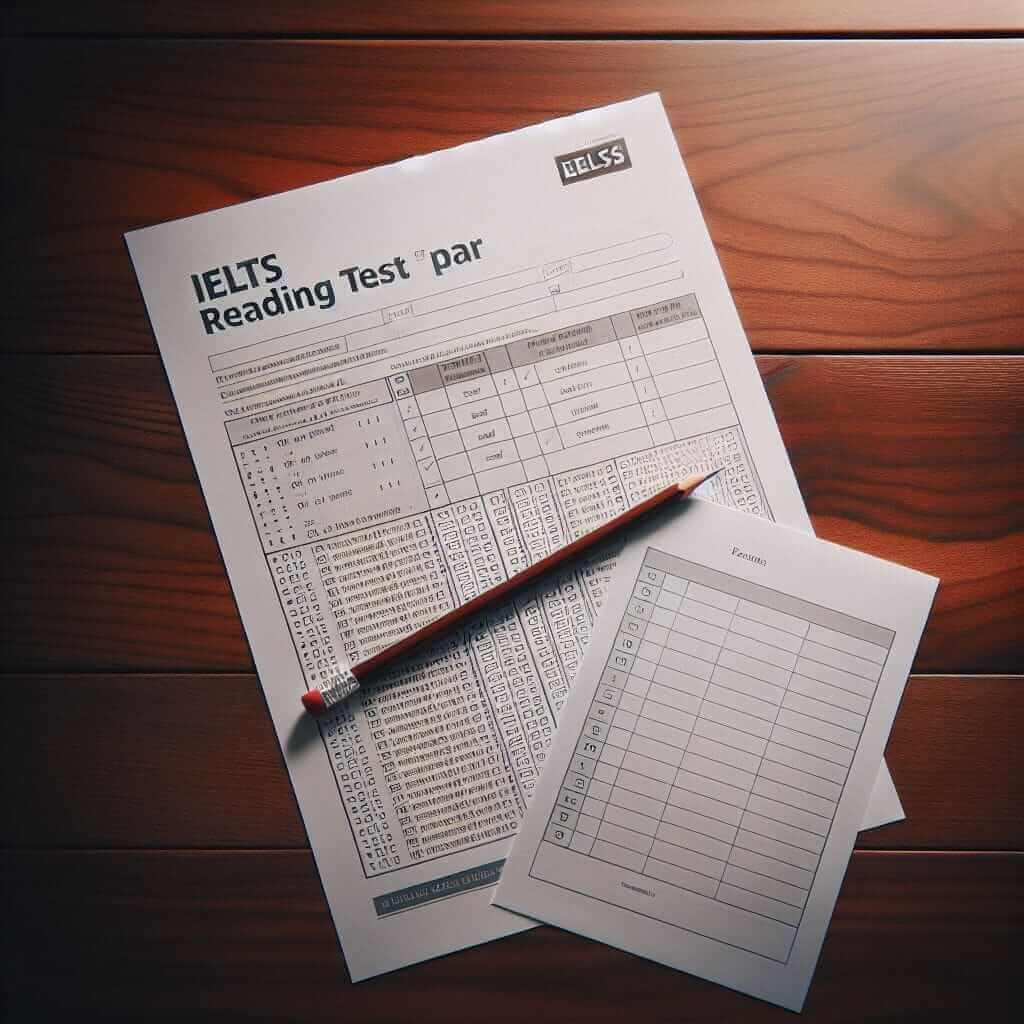As an IELTS instructor with over 20 years of experience, I’ve witnessed countless students grapple with the Reading and Listening sections of the IELTS exam. These sections test your ability to comprehend and extract information from spoken and written English, skills crucial for academic and professional success. Many find these sections particularly challenging due to the diverse range of accents, the complexity of the passages, and the time constraints. However, with a focused approach and consistent practice, you can significantly improve your scores. This article provides a roadmap to help you navigate these sections effectively and achieve your target band score.
Understanding IELTS Reading and Listening
Before diving into strategies, it’s essential to understand what the IELTS Reading and Listening sections aim to assess:
IELTS Reading:
This section evaluates your ability to:
- Comprehend the main ideas: Identify the central theme and key arguments presented in a passage.
- Understand specific details: Locate and interpret specific information within the text.
- Deduce meaning from context: Infer the meaning of unfamiliar words or phrases based on surrounding text.
- Follow the development of an argument: Understand how ideas are presented, connected, and developed throughout the passage.
IELTS Listening:
This section examines your ability to:
- Understand main ideas and detailed factual information: Grasp the gist of a conversation or monologue and identify key details.
- Recognize opinions and attitudes: Discern the speaker’s perspective and emotions.
- Follow the development of an argument: Track how ideas are presented and connected.
- Understand the purpose of utterances: Interpret the reason behind a speaker’s statement or question.
Effective Strategies for Improvement
1. Enhance Your Vocabulary:
A robust vocabulary is paramount for both Reading and Listening.
- Read widely: Explore a variety of English texts – novels, newspapers, magazines, academic journals – to encounter diverse vocabulary and writing styles.
- Use a dictionary and thesaurus: Look up unfamiliar words and their synonyms to broaden your lexical range.
- Learn words in context: Pay attention to how words are used in sentences to understand their meanings and nuances.
- Practice using new words: Actively incorporate newly learned vocabulary into your speaking and writing.
2. Develop Active Listening Skills:
- Listen to English daily: Engage with English audio materials like podcasts, news broadcasts, documentaries, and audiobooks.
- Focus on different accents: Expose yourself to a range of English accents to improve your comprehension.
- Practice note-taking: Develop efficient note-taking techniques to capture key information while listening.
- Pay attention to intonation and stress: These can alter the meaning of spoken words and provide clues about the speaker’s attitude.
3. Master Reading Strategies:
- Skimming and scanning: Skim to grasp the general idea of a passage and scan to locate specific details quickly.
- Identifying keywords: Highlight crucial words or phrases in questions to guide your search within the text.
- Understanding paraphrasing: Be aware that answers in the exam might not use the exact wording as the passage. Look for synonyms and alternative expressions conveying the same meaning.
- Managing time effectively: Allocate your time wisely for each passage and question, and avoid getting stuck on challenging vocabulary.

Illustrative Examples from IELTS Practice Tests
Let’s examine how these strategies apply to real IELTS questions:
Reading:
Passage: “The discovery of penicillin revolutionized medicine, ushering in the era of antibiotics.”
Question: What was the significant impact of discovering penicillin?
Answer: The discovery of penicillin led to the development and widespread use of antibiotics. (This answer demonstrates understanding the main idea and paraphrases the information from the passage).
Listening:
Audio: “Although electric cars are becoming increasingly popular, concerns remain about their limited range compared to traditional vehicles.”
Question: What is one disadvantage of electric cars mentioned in the audio?
Answer: Electric cars have a shorter driving range than cars powered by gasoline or diesel. (This answer demonstrates understanding a specific detail and paraphrases the information from the audio).
Essential Tips for Success
- Practice regularly: Consistent practice is vital to familiarize yourself with the exam format, improve your timing, and build your confidence.
- Utilize official IELTS practice materials: Use official practice tests to experience the exam’s difficulty level and question types.
- Seek feedback from experienced instructors: Obtain personalized guidance from an IELTS teacher to identify your strengths and weaknesses and receive targeted feedback on your progress.
- Develop a positive mindset: Believe in your ability to succeed and maintain a positive attitude throughout your preparation journey.
Conclusion
Improving your IELTS Reading and Listening skills is a journey that requires dedication, the right strategies, and consistent practice. Remember that language proficiency develops over time, so be patient with yourself and celebrate your progress. Embrace the challenges, learn from your mistakes, and remain persistent in your efforts. With hard work and the right approach, you can achieve your desired IELTS score and unlock new opportunities for your future.